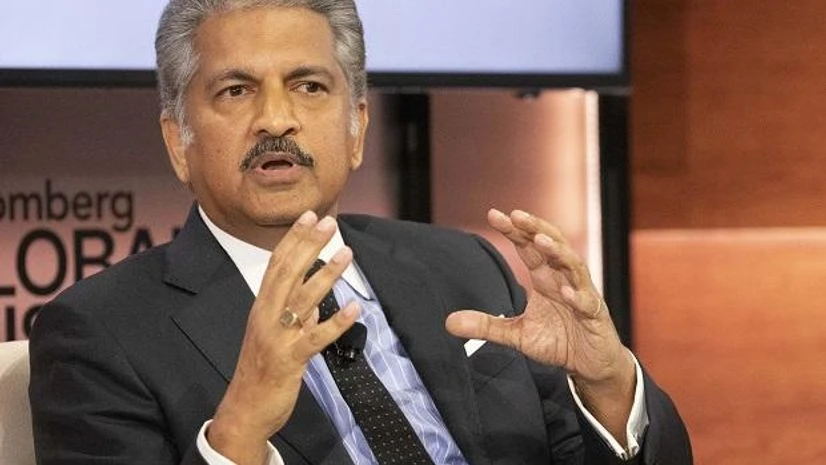Researchers at Jameel Clinic for Machine Learning and MIT's Computer Science and Artificial Intelligence Laboratory (CSAIL) have developed a deep learning (DL) model based on mammography. This model can be very effective in detecting precancerous changes in high-risk women.
The AI system called Mirai is better at estimating breast cancer possibility from a mammogram than existing risk-assessment algorithms. Business Tycoon, Anand Mahindra, shared a post on X discussing the potential of AI in detecting breast cancer five years in advance.
Reposting a post on X (formerly known as Twitter), he stated, “If this is accurate, then AI is going to be of significantly more value to us than we imagined and much earlier than we had imagined.”
Watch the post here:
If this is accurate, then AI is going to be of significantly more value to us than we imagined and much earlier than we had imagined… https://t.co/5Mo2cT7X7T
— anand mahindra (@anandmahindra) July 28, 2024
More From This Section
Many studies showed the potential of AI in the detection of cancers. Many technologies are paving the way for the development of new drugs to predict treatment outcomes and prognosis.
Some researchers from Duke University in the United States developed an interpretable AI model that can predict 5-year breast cancer from mammograms.
Another study was published in the journal Radiology where AI algorithms outperformed the standard clinical risk model in terms of predicting the five-year risk for breast cancer.
According to Vineet Nakra, a radiation oncologist at Max Super Speciality Hospital, Artificial Intelligence is helping pathologists diagnose cancer much faster and paving the way for doctors to make personalised and patient-centric cancer care.
Many challenges are yet to be overcome, but this technology has the potential to be a critical asset for radiologists and it will ultimately save lives.
Science Translational Medicine shared a research article that states that risk assessment can be viewed as a prediction task where the model is trained to associate features of mammograms with future cancer diagnoses.
“It requires risk prediction at various time points, the ability to leverage potentially missing nonimage data (such as age and family history), and consistent performance across heterogeneous mammography devices,” the article further read.
A deep learning system designed to assess cancer risk based on mammograms alone was introduced by MIT’s Computer Science and Artificial Intelligence Laboratory (CSAIL) and Jameel Clinic's scientists, two years ago.
The model demonstrated notable effectiveness and inclusivity providing equal accuracy for white and black women. It is significant as black women face a 43 per cent higher likelihood of dying from breast cancer.

)